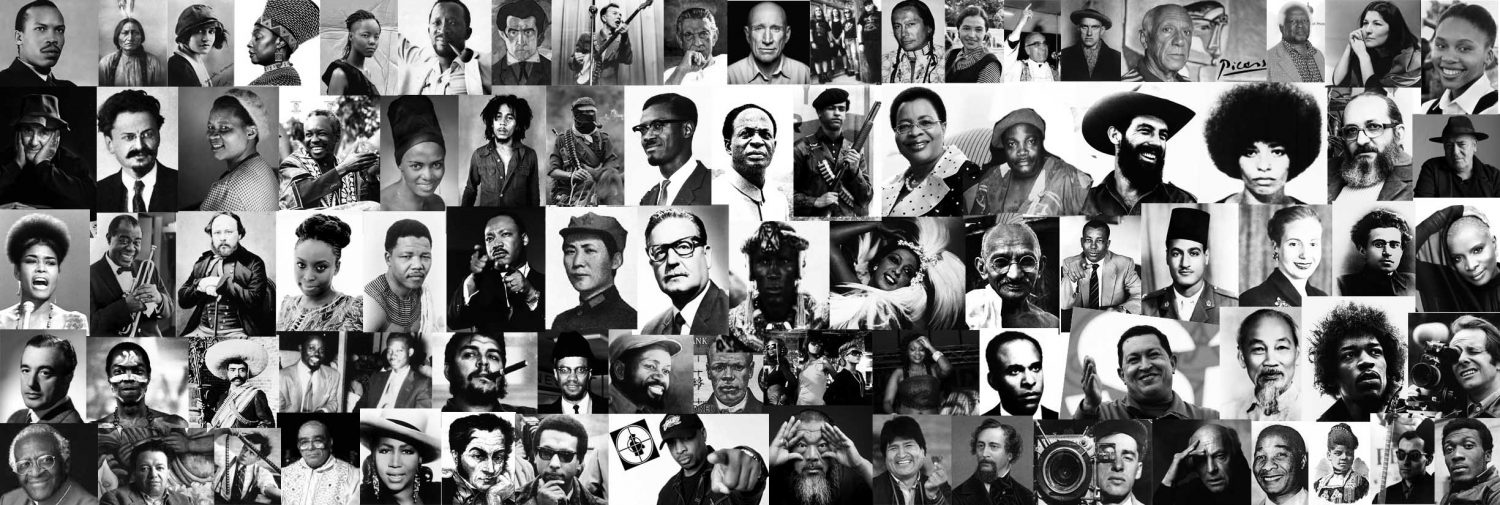The editorial comment in the Nation today says: Govt should tread carefully on pay hikes.
It is clearly written by someone who does not understand Keynesian economics. It says increasing the wage bill of government creates problems. And that is correct. On the other hand: the economy is shrinking, and that also creates problems. Now if the consumer in Malawi has more money, they will spend more, and this will create economic activity. This increases wealth in the country as well as the tax revenue: the more economic activity, the more the MRA has to tax.
Because the government has caused run-away inflation of over 20%, our salaries are shrinking by that same percentage each year, giving us less purchasing power. Less purchases translate into less economic activity, which translates into less wealth for the population (or more poverty for the poor) and less tax revenue with which to finance our government system.
After the stock market crash of 1929, the US government did cut its spending (austerity), and this created less economic activity, deepening the crisis. This forced government to cut even more, which again deepened the crisis. This kept on going around in circles until a new President, Roosevelt, followed the economic insights of the great economist Keynes, and spent more for the poor. He started a large program of jobs for the poor. This gave the poor something to spend, which gave suppliers income for their supplies, and they started hiring people to make more. The whole process turned the crisis around and kick started the economy.
Our government should not cut back on spending across the board, it should spend wisely. It should fight the estimated 30% corruption that drains our economy. It should increase wages for the low paid workers: they buy local (cheap) products, which supports our economy. The higher paid buy a lot of imported products which does nothing for our economy, so they should not be pampered.
The problem with the current pay rise is: it is across the board. The original plan was wise: a modest 15% pay rise for the lower paid. This is good for the economy and good for the social coherence of society (lowering inequality). But the higher paid are also more influential people (compare the power of a PS with the power of a street sweeper). So they force government (through their influence in the Civil servants union) to raise their salaries with those of the lower paid. This is not good.
We need a program that will kick start the economy, and that program is not necessarily what the IMF (quoted in the Nations comment today) prescribes: the IMF/World Bank is a right wing anti-Keynesian organization that always pushes for spending cuts, without considering the local economy. They can be ignored. The former head of the Wolrd Bank, Stiglitz, has clearly shown how the IMF/World Bank follow a one-size-fits-all policy that does not take into account how Keynes beat the Great Depression of the 1930s.
We need more efficiency in the government system. We need a strong and effective fight against corruption: remember: this whole crisis came about because the government refuses to stop corruption (ATI bill, IFMIS, bank reconciliations etc) and the donors refuse to pay budget support to a government that allows its members and civil servants to steal the donor money. And we need more nurses and teachers (lower paid workers!) and less paper shufflers on Capital Hill. Those paper shufflers that we keep need to spend more time on fighting corruption and less on perpetrating it.

